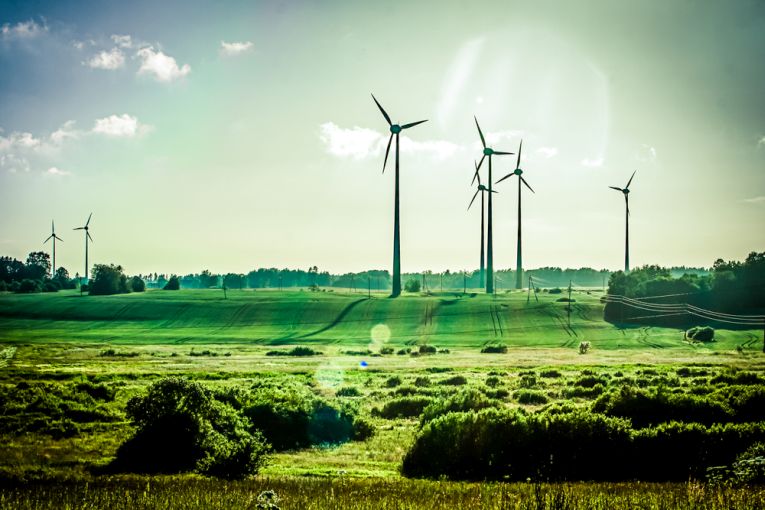Arthur Neslen is reporting from Brussels in the Guardian that fuel companies have been using the lobbying card to destroy democratic voting in renewable energy organisations since 2010. The weapon of vast capital resources has pushed their representatives onto trade bodies such as EWEA (The European Wind Energy Association), and EPIA (The European Photovoltaic Industry Association.) Such obvious policies work in nations like the US, but lobbying has never been acceptable in these situations, no matter which country is involved.
Total, Iberdrola, Eon and Enel and the chemical companies, Dupont and Wacker Chemie are now in dominant (majority) situations in organisations in which they have no obvious position. The point they are pushing is not coal or oil, but the advantage that gas has over these fossils. Influencing the EU transition to renewables could earn hem breathing space as Russian gas and then new fracking sites provide for a generation of energy. Along with nuclear energy (zero emissions), gas is often reported as creating less emissions (50%) than coal. The ridiculous notion that gas can be compared with the renewable energies is being proposed now on bodies that should be properly representing their named renewables.
Renewable energy targets for 2020 in the EU caused dramatic drops in market share for fossil fuel multinationals and others. EWEA wanted 45% of renewable energy in the EU by 2030 before the takeover
. Now it wants to restrict this target to only 30% with many of these so-called representatives wanting no target at all. The EU finally agreed on 27%, with this advice prominent in its deliberations. The UK and Poland have long been unambitious about these targets, as their current governments dream of fracking and coal as their personal energy futures. The pseudo-renewable advice allowed them to have their way.
In 2011 Total began controlling the solar manufacturer, SunPower, with this company’s director becoming the president of EPIA. EPIA then became a subsidiary of Total and its allies, with most of the policy officers leaving. Then began a strange relationship with EWEA, who had also developed representatives of energy companies (Alstom, EDF, and 13 others) while the 19 national wind energy associations of 2012 have drastically reduced in numbers. The EWEA argument was for 100% renewable energy targets for Europe in 2030, using hydro-power. Now the argument is that gas is cheaper and useful as a bridge technology
Recently, a lobby group called Gas Naturally
has tried to become associated with the 2 renewable energy groups, EWEA and EPIA. Naturally, their leaders welcomed them. It is up to newspapers, politicians and of course, this year’s voters to dump these people where they belong. Big business is fine, but illegal and immoral actions need to be punished. The really big business for the future is renewables, but spurious argument from rich multinational organisations can’t be allowed to influence the non-technical among politicians and those vital voters. Greening is hopefully the slogan for this year, as Paris approaches and several elections bring in some new faces (and renewable
old ones!) To discover why we are so indignant about coal , oil and gas, simply read through one of our articles like: No to Coal










